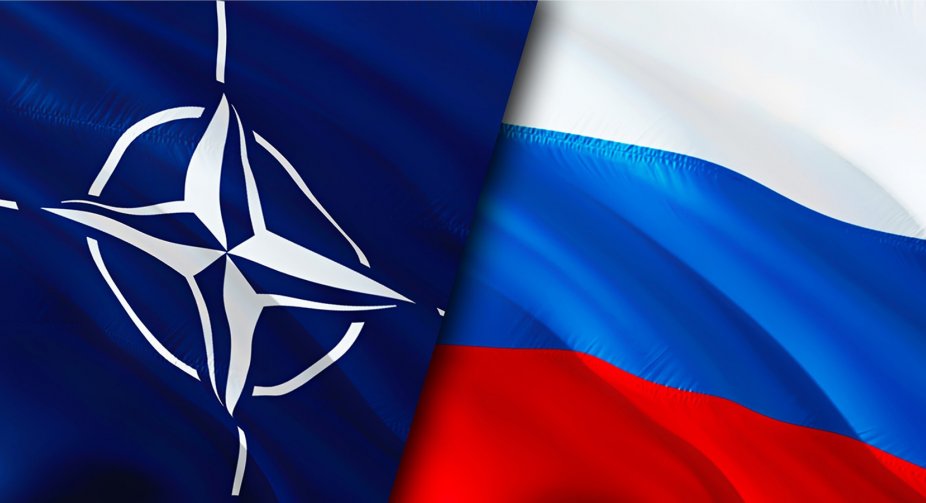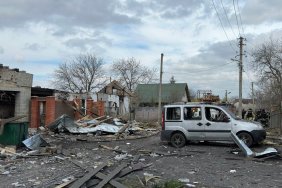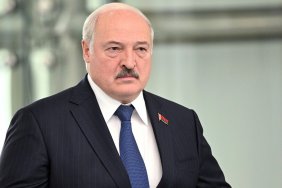NATO member states should start actively preparing for Russian missile strikes on Europe. The Times writes about this with reference to statements by high-ranking generals.
In particular, the head of NATO's Joint Command for rear support and logistics, General Alexander Sollfrank, called on the Alliance to reduce the number of bureaucratic regulations to increase mobility. In addition, he called for increased cooperation between member states on the interchangeability of equipment.
"If we compare the war and the operations of ten or five years ago, we will understand that we have to admit that the rear areas will be fiercely fought for. We have to assume that the aggressor will use the full range of kinetic and non-kinetic force to disrupt lines of communication, including in the rear," said Sollfrank.
NATO is confident that their time to strengthen their defense is limited. They hope that member states will still be able to agree on a "military Schengen" system before the summit in Washington, thanks to which military convoys will be able to move freely through the bloc.






